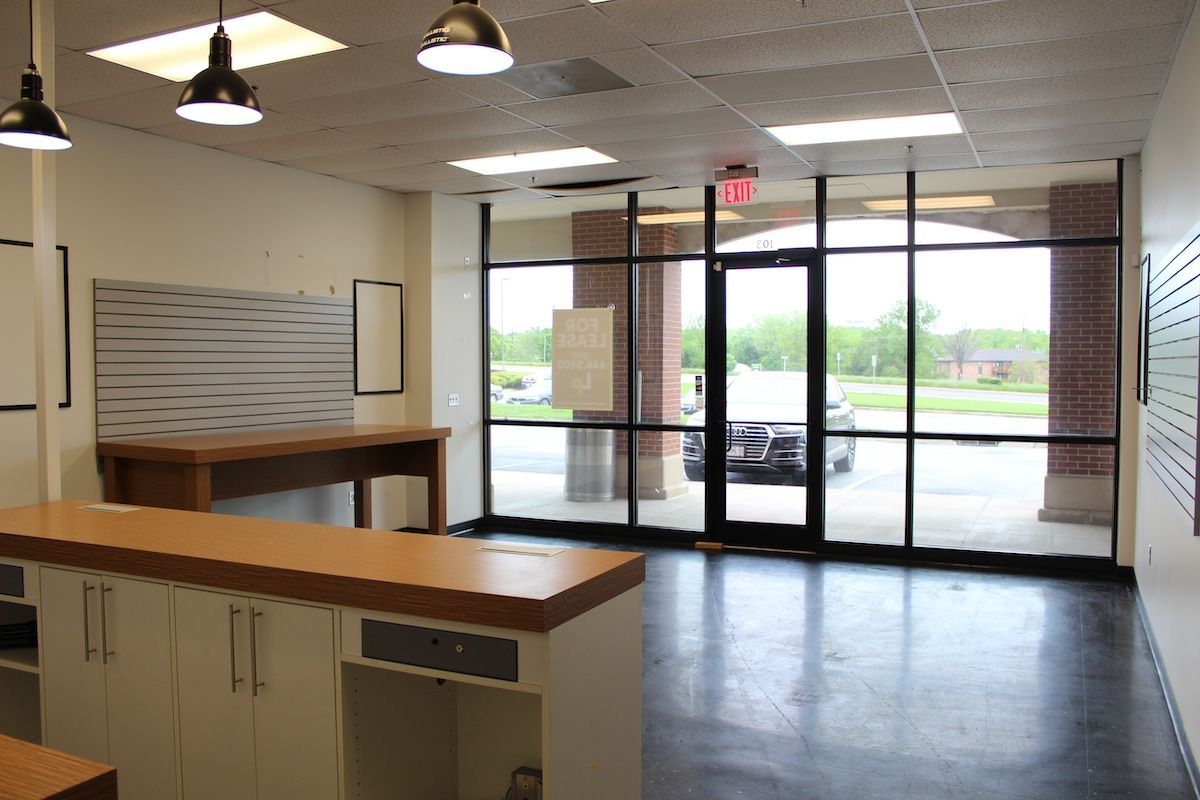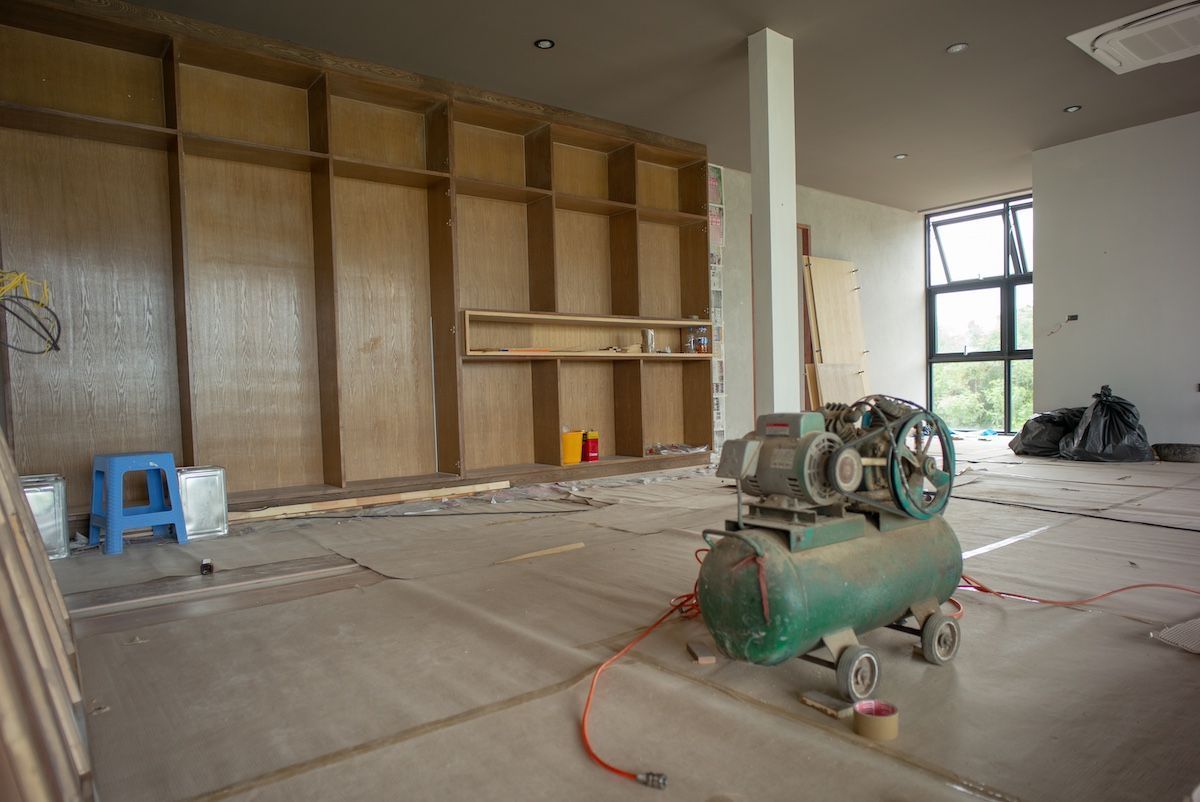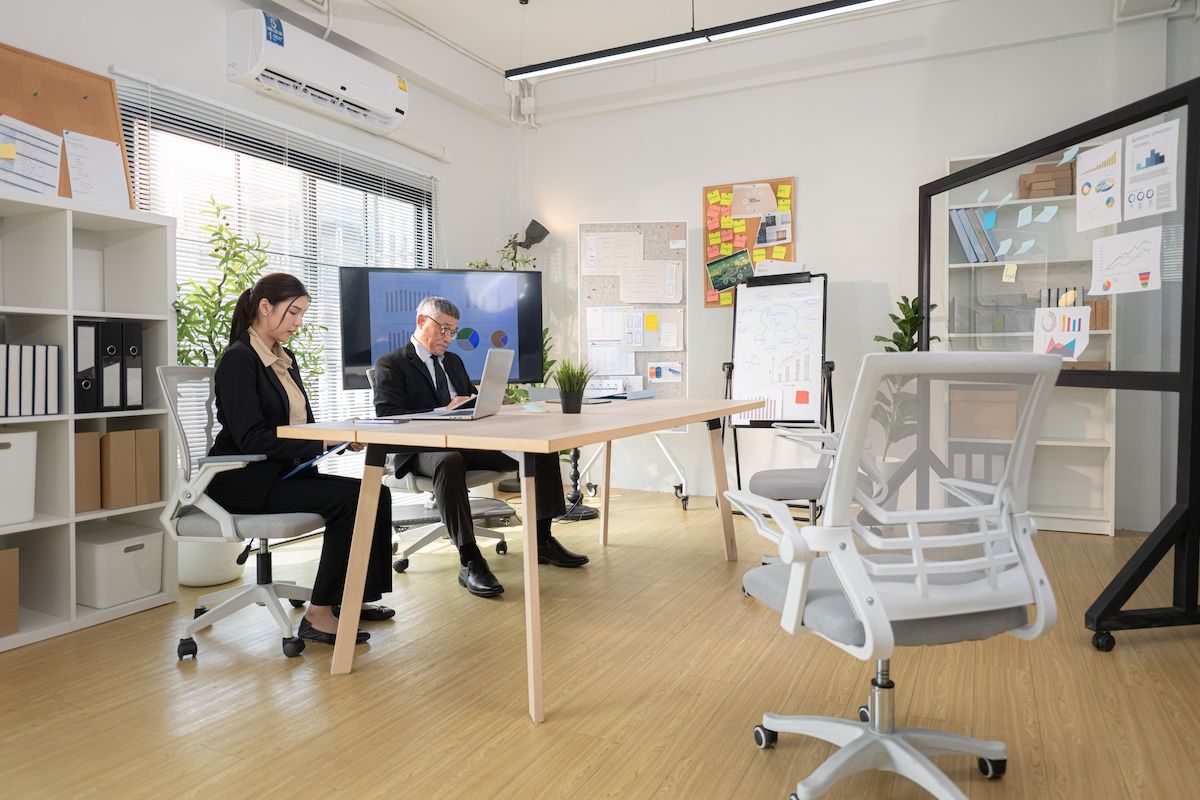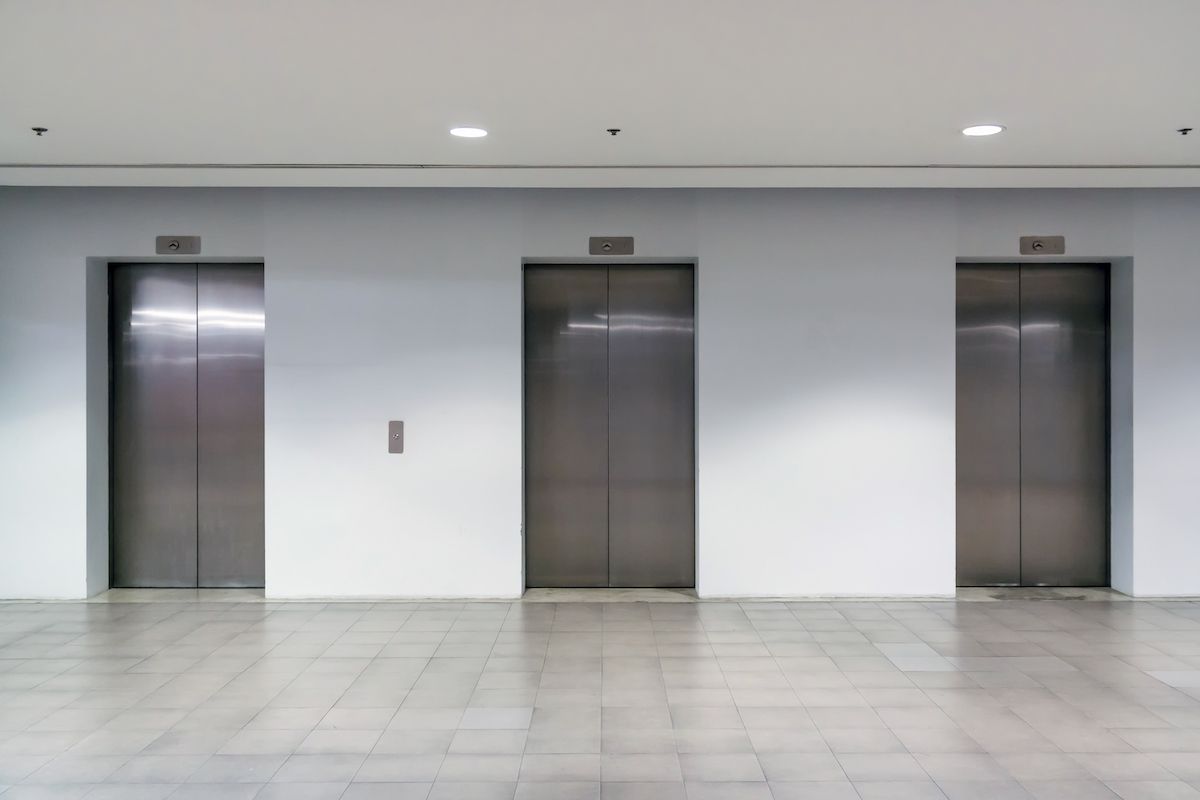Commercial Leasing Issues Every Tenant Should Be Aware of Before Signing a Lease in Mid-MO
Don’t Be Caught Unaware of How Your Commercial Lease Works After You’ve Moved In. Stay Informed With Help From Lindner Properties
Once you find the perfect place to operate your business, the terms are negotiated, and the lease is signed, you may feel like the stress of renting commercial property is over. Even though you’ve crossed the longest bridge in this journey, it’s not over yet! Like renting a home, issues can come up when you least expect them, and it can be overwhelming if you don’t have a good commercial landlord or clear expectations for what you’re responsible for. If you’re considering renting commercial property in mid-Missouri, or you’ve already done so, educate yourself on what to expect after you’ve signed on the dotted line. Lindner Properties is here to be your resource for all things commercial real estate, and today, we’re breaking down common issues that come up after you’ve signed your lease and moved into your rented commercial property. Let’s get started!

Educate yourself about everything your commercial rental includes before making big or small decisions about your business operations
It may seem like a no-brainer that you should be aware of the space you’ve rented and what it includes. However, it may be a surprise when you learn you are responsible for snow removal on the sidewalk outside your rented commercial property, or that the usable square footage isn’t exactly what you thought it would be. A lot of concerns like this can be addressed before the lease is signed, but if something is missed because you didn’t have a real estate attorney or tenant's rights representative by your side, you can still feel confident handling these problems after the fact.
Making the most of what you have leased is especially important when performing construction on the property. If your landlord has approved you to make major changes, or the property was already gutted and ready for an infill before you moved in, you could find yourself with less space than you anticipated when you signed the lease. A good landlord will discuss square footage estimates and rent costs with you before you sign a lease for a space that will be under construction before move-in day. Make sure you have someone on your side, like a tenant representative or real estate attorney, who can ensure the estimates are fair and accurate upon completion. To find good representation, contact Lindner Properties. We can connect you with the right people to support your commercial property rental rights.
How you make updates to your commercial property will depend on your lease. Consult with your landlord before hiring contractors or making changes
If you’ve been in your rented commercial property for a while and you’ve come to realize some aspects of the space aren’t working perfectly for your business, you may be considering a renovation. However, before you start consulting contractors or knocking down walls yourself, it’s important to consult your landlord first. Depending on how your lease is written, you may need to run everything by your landlord, or they may even manage the process for you. Review your lease again before talking to your landlord about making big changes to the property. Moving too quickly with cosmetic or structural changes could lead to issues with your lease agreement, putting you in violation of the terms you agreed to. With proper planning and a good understanding of who manages what aspects of property improvement, you’ll be ready to upgrade your commercial property.

Confirm who handles property maintenance before calling a repair service to your rented commercial property in mid-MO
Similar to making changes to your property, you should never perform or arrange for maintenance without first consulting your landlord. Your lease will determine who is responsible for repairing utilities or finishes, and if you hire a repair service your landlord has not approved, or attempt to fix something yourself, you could be in hot water. Even in emergency situations, it’s important to notify your landlord of issues right away. This allows them to determine, based on your lease, how the repair should be handled and ensures that you stay in compliance with your agreement. Good commercial landlords in mid-Missouri will typically have their maintenance reporting form or phone number easily accessible for all their tenants. With proper maintenance protocols and quick communication, issues can often be resolved quickly and efficiently, allowing you to get back to business with minimal disruption.
How the permitted use in your leased commercial property can affect your business in mid-Missouri
Permitted use in your commercial lease outlines the specific types of business activities you're allowed to conduct within your rented space. This clause is important for your landlord because it helps them maintain the overall character of the property and ensure a good mix of tenants. While you've already signed your lease, it's still helpful to understand how this provision affects your business long-term. A clearly defined permitted use clause sets boundaries for your operations, and if it's too narrow, it might limit your ability to grow or adapt your business down the road. For example, if you want to expand into related services, pivot your business model, or sublease the space in the future, you’ll need to make sure those activities still fall within what's allowed. A restrictive permitted use could create challenges if the new use doesn't align with the original terms. Even though your lease is in place, it's worth reviewing this clause periodically – especially before making changes to your operations – to make sure you're staying compliant and protecting your flexibility.
Casualty & condemnation risks in mid-Missouri commercial real estate leases
Casualty and condemnation provisions in a commercial lease can have a major impact on tenants, even after the lease is signed. In mid-Missouri, where storms, flooding, or other natural events can occur, it’s important to understand what happens if your leased space is damaged or destroyed. Typically, both the landlord and tenant want the property restored quickly, but as a tenant, you’ll want to know whether you’re still required to pay rent during the repair period. Many leases include provisions that pause or reduce rent while the space is unusable, and some may even give you the right to terminate the lease if repairs take too long.
Condemnation – when the government takes property for public use under eminent domain – is less common but still possible. If part or all of your space is taken, the lease should clearly state what happens next, including whether rent is adjusted or if the lease can be terminated. If your lease is silent on these issues, you could end up stuck in an uncertain situation. Reviewing your lease now can help you avoid surprises and understand your rights if unexpected events arise.

Navigating key lease provisions in mid-MO commercial real estate assignment, subleasing & relocation rights
If you’ve already signed a commercial lease in mid-Missouri, it’s important to understand how certain provisions – like assignment, subleasing, and relocation – can impact your flexibility as your business evolves. Assignment and sublease rights are especially relevant if you experience a sale, merger, or simply need to downsize or share your space. Ideally, your lease allows you to assign or sublease without too many restrictions, but landlords often limit these rights to control who occupies the property and to protect against financial risk. At the same time, some leases include relocation clauses that allow the landlord to move your business to another part of the property. While this gives the landlord flexibility in managing the space, it can disrupt your operations and come with unexpected costs. Suppose the lease doesn’t allow you to eliminate the relocation clause entirely. In that case, you’ll want to make sure it includes protections, like advance notice, a guarantee of comparable space, and coverage of moving expenses. Understanding how all these provisions work together can help you avoid obstacles later, especially when your business needs to pivot, grow, or adapt to new circumstances.
Making updates to your lease will require new negotiations. Be ready for anything with a real estate attorney & help from Lindner Properties
Depending on the type of lease and your business needs, you might want to ask for extra perks like the option to extend your lease, expand your space, shrink it if needed, or even end the lease early. You might also want parking spots reserved or special protections so other tenants can’t offer competing services nearby. While it’s best to negotiate these things before you sign, if you want to make changes later, you’ll probably need a real estate attorney to help. Good landlords who value you as a tenant are usually open to revisiting the lease, especially if the changes work well for both sides. If you’re thinking about updating your lease or have any questions about commercial leasing in mid-Missouri, give Lindner Properties a shout. We’ve guided hundreds of businesses through this process and would be happy to help you too!










